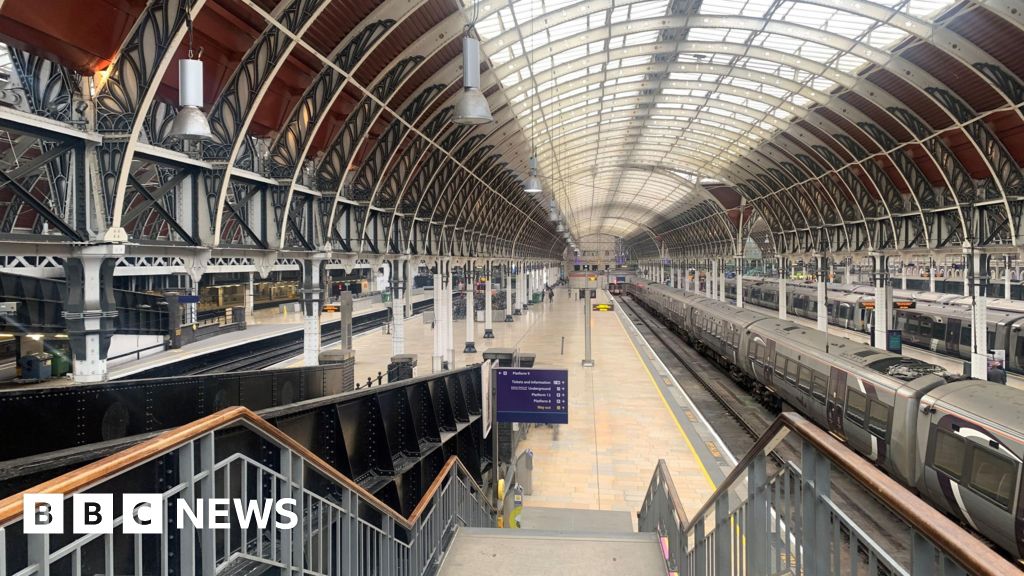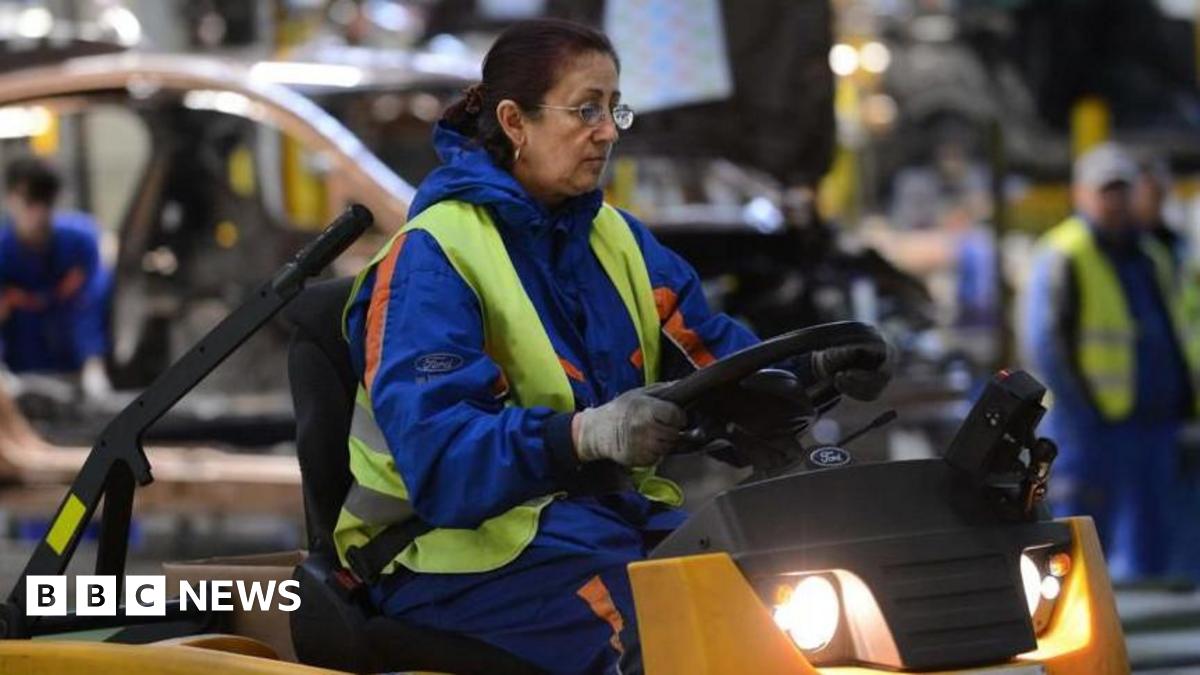Aslef’s leadership is recommending that union members accept the offer.
General secretary Mick Whelan said: “We are pleased that after being treated with utter contempt for the last two years by the privatised train companies, and the previous government that was pulling their strings, we finally have a new government that listens and wants to make the railway work for staff, for passengers and for the taxpayer.”
Chief Secretary to the Treasury Mr Jones said: “Resetting the relationship between government and public sector workers in this instance is a good deal for the taxpayer because we are preventing strikes from happening.
“There is a direct cost to the economy if the strikes continue and we need to work together in partnership with workers and trade unions and business in order to get sustainable growth back into the economy.”
Since June 2022, train drivers have taken 18 days of strike action and refused to work non-contractual overtime, causing huge disruption on the rail network.
According to the Department for Transport, the rail industry has missed out on around £850m in revenue as a result.
But Conservative shadow transport secretary Helen Whately condemned the government’s approach, saying “a ‘no-strings’ deal means this will be paid for by passengers and taxpayers”.
“Ditching working practice reforms leaves a hole in the finances that can only be filled by higher fares or higher taxes,” she added.
Chancellor Rachel Reeves has warned “difficult decisions” will need to be made in October’s Budget, and accused the previous Tory government of leaving a £22bn hole in the public finances.
She has indicated that some taxes are likely to rise, but has insisted Labour will stick to its manifesto promise not to raise income tax, National Insurance or VAT.
Credit: Source link











